Learn T-SQL Querying. A guide to developing efficient and elegant T-SQL code - Second Edition Pedro Lopes, Pam Lahoud
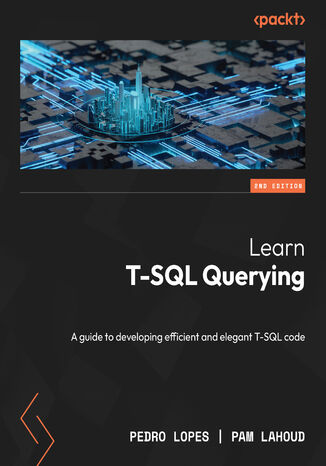



- Autorzy:
- Pedro Lopes, Pam Lahoud
- Serie wydawnicze:
- Learn
- Wydawnictwo:
- Packt Publishing
- Ocena:
- Stron:
- 456
- Dostępne formaty:
-
PDFePub
Opis
książki
:
Learn T-SQL Querying. A guide to developing efficient and elegant T-SQL code - Second Edition
Starting with query processing fundamentals, the book lays a foundation for writing performant T-SQL queries. You’ll explore the mechanics of the Query Optimizer and Query Execution Plans, learning to analyze execution plans for insights into current performance and scalability. Using dynamic management views (DMVs) and dynamic management functions (DMFs), you’ll build diagnostic queries. The book covers indexing and delves into SQL Server’s built-in tools to expedite resolution of T-SQL query performance and scalability issues. Hands-on examples will guide you to avoid UDF pitfalls and understand features like predicate SARGability, Query Store, and Query Tuning Assistant.
By the end of this book, you‘ll have developed the ability to identify query performance bottlenecks, recognize anti-patterns, and avoid pitfalls
Wybrane bestsellery
Zobacz pozostałe książki z serii Learn
Packt Publishing - inne książki
Dzięki opcji "Druk na żądanie" do sprzedaży wracają tytuły Grupy Helion, które cieszyły sie dużym zainteresowaniem, a których nakład został wyprzedany.
Dla naszych Czytelników wydrukowaliśmy dodatkową pulę egzemplarzy w technice druku cyfrowego.
Co powinieneś wiedzieć o usłudze "Druk na żądanie":
- usługa obejmuje tylko widoczną poniżej listę tytułów, którą na bieżąco aktualizujemy;
- cena książki może być wyższa od początkowej ceny detalicznej, co jest spowodowane kosztami druku cyfrowego (wyższymi niż koszty tradycyjnego druku offsetowego). Obowiązująca cena jest zawsze podawana na stronie WWW książki;
- zawartość książki wraz z dodatkami (płyta CD, DVD) odpowiada jej pierwotnemu wydaniu i jest w pełni komplementarna;
- usługa nie obejmuje książek w kolorze.
Masz pytanie o konkretny tytuł? Napisz do nas: sklep@helion.pl
Książka drukowana


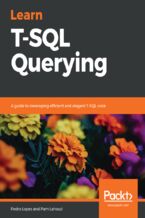


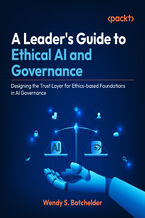
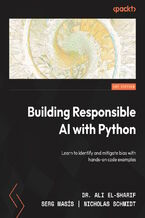
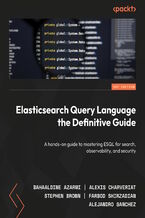
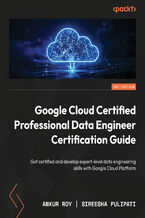
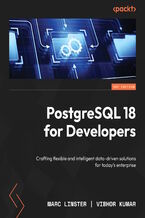
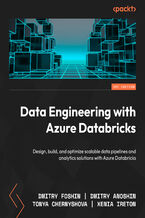
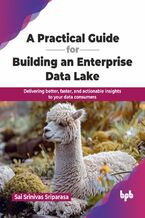

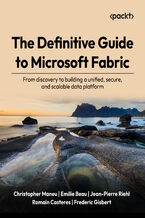
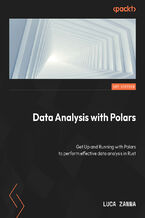
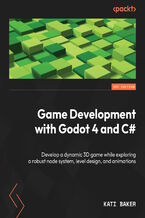
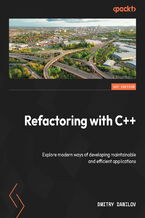
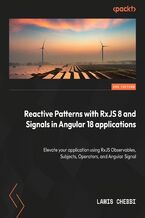
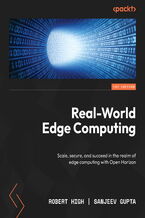
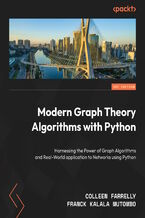
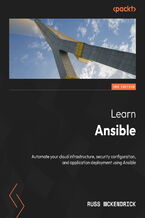

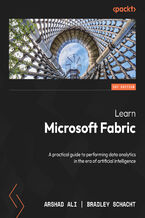







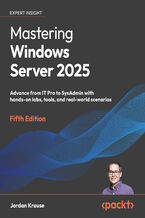

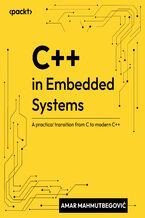
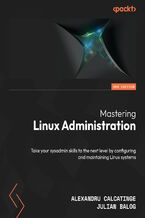
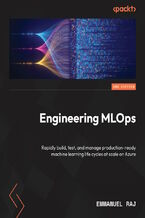
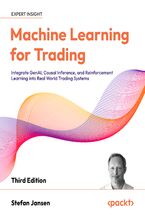
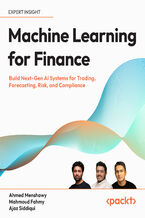
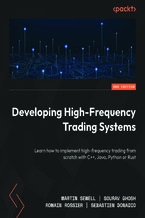



Oceny i opinie klientów: Learn T-SQL Querying. A guide to developing efficient and elegant T-SQL code - Second Edition Pedro Lopes, Pam Lahoud
(0)